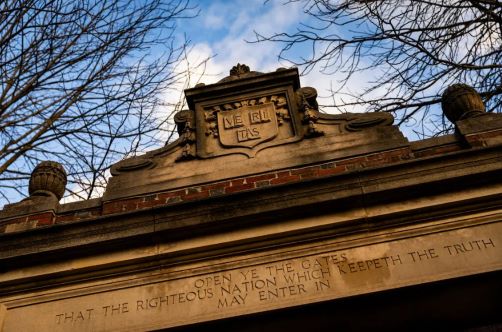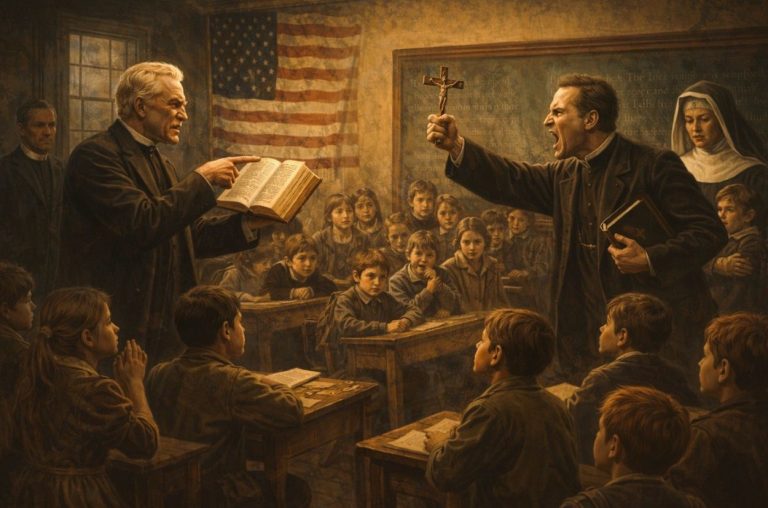

Amid spiraling campus speech debates, many professors are rallying in defense of a bedrock principle.

By Jennifer Schuessler
Culture Reporter
The New York Times
Academic freedom is a bedrock of the modern American university. And lately, it seems to be coming under fire from all directions.
For many scholars, the biggest danger is at public universities in Republican-controlled states like Florida, where Gov. Ron DeSantis has led the passage of laws that restrict what can be taught and spearheaded efforts to reshape whole institutions. But at some elite private campuses, faculty have increasingly begun organizing against a very different threat.
Over the past year, faculty groups dedicated to academic freedom have sprung up at Harvard, Yale and Columbia, where even some liberal scholars argue that a prevailing progressive orthodoxy has created a climate of self-censorship and fear that stifles open inquiry.
The fallout from the Hamas-led Oct. 7 attack on Israel has upended many campuses, as college presidents have been ousted, campus protest has been restricted and alumni, donors and politicians have pushed for greater control. And it has also scrambled the politics of academic freedom itself.
In recent years, academic freedom, like free speech more generally, has become coded as a conservative cause, seen as a rallying cry for those who want to battle academia’s liberal tilt.
Now, continuing campus protest over the Israel-Gaza war has, in some cases, turned the debate on its head.
Some ask why, after years of restricting speech that makes some members of certain minority groups feel “unsafe,” administrators are suddenly defending the right to speech that some Jewish students find threatening. Others accuse longtime opponents of diversity, equity and inclusion efforts of cynically weaponizing those principles to suppress pro-Palestinian views.
The roiling debates have even opened up rifts among champions of academic freedom. Jeannie Suk Gersen, a professor at Harvard Law School and a leader of the Council on Academic Freedom at Harvard, said that the cause stands “at a crossroads.”
READ ENTIRE ARTICLE AT THE NEW YORK TIMES


